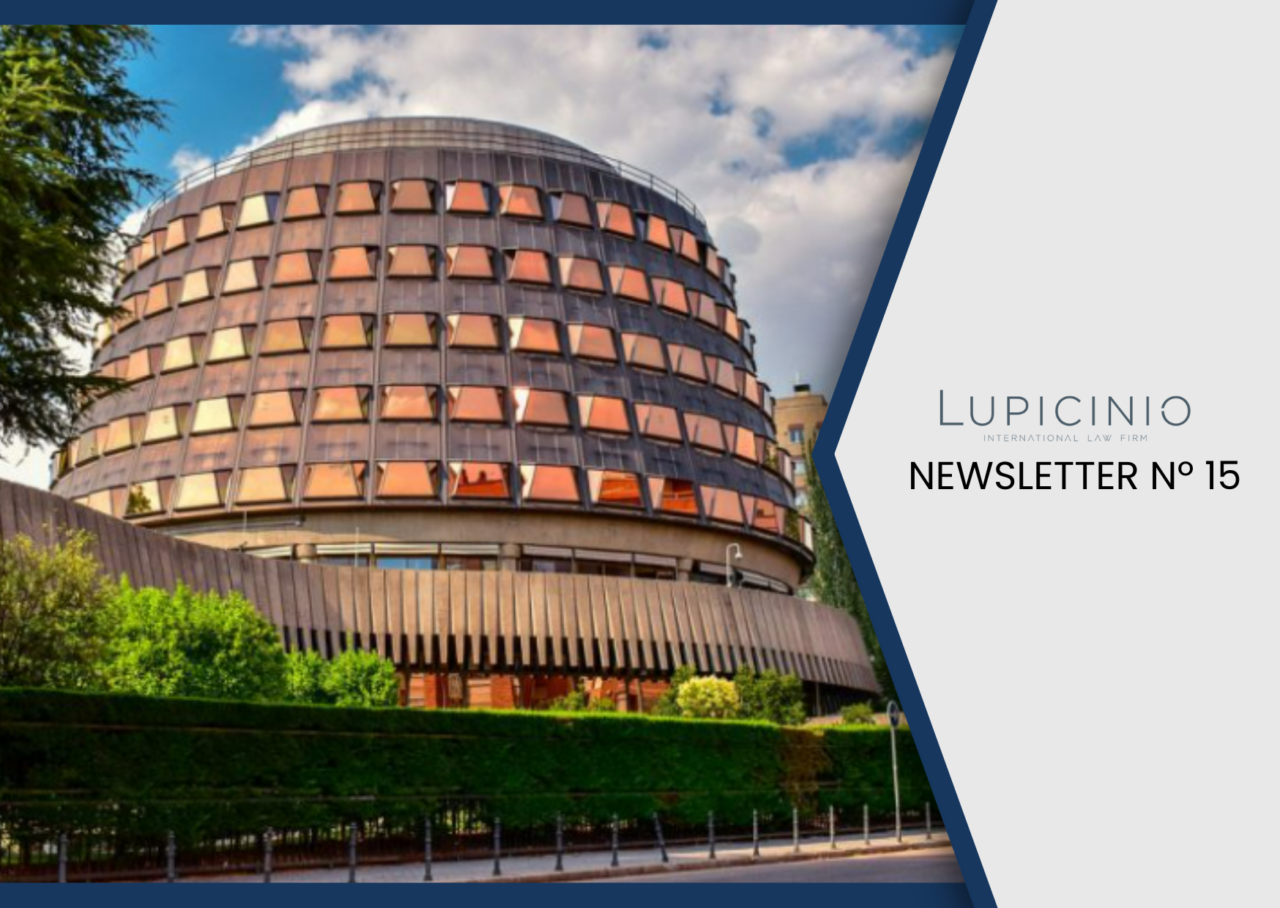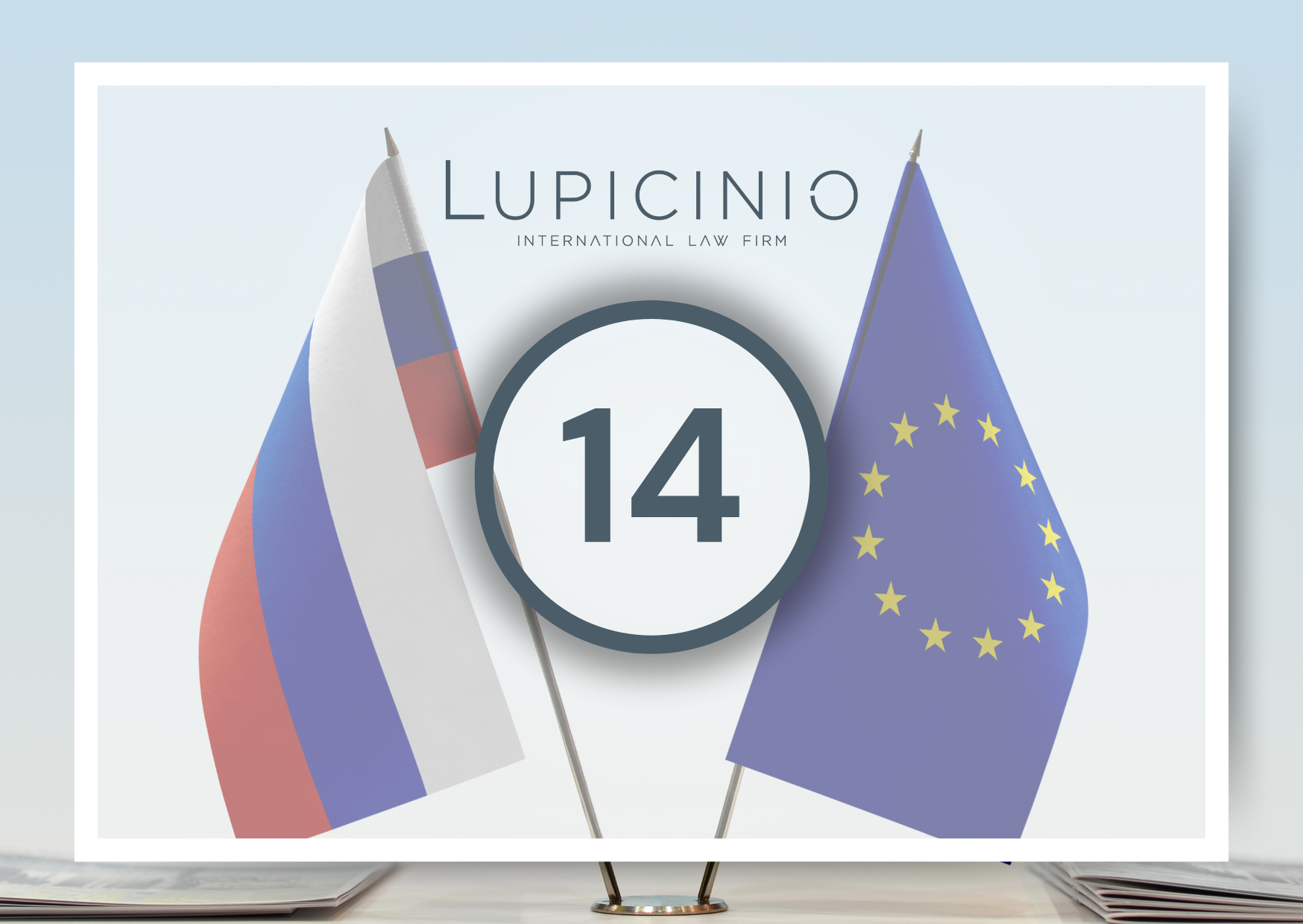I expressed my gratitude -in the last edition of the digital Magazine, “The Law. Mediation and Arbitration”– for the publication of my thoughts, ANNEX 1 (only in Spanish), titled “Constitutional’s Court doctrine about Cancellation of Awards and Dissenting opinions from the Tribunal Superior de Justicia de Madrid (TSJM)”.
I accept that I am a regular follower of this specialised publication that introduced me in the digital academic world against the traditional publication of paper-based magazines and books. I do not deny, until now, my sympathy, given my experience, for the old system, that I lived in, first, as a student and, later, as a young “internship assistant” in the Chair led by Mariano Aguilar Navarro in the Faculty of Law of the Complutense University of Madrid. Moreover, I recognise its increasing limitations against new technologies. In any case, my most appreciated collective book is still with me, the one that was edited in 1970 due to its “Publications Section”, “Texts and materials of Private International Law”. This book was admirably coordinated by Julio González Campos.
It is undeniable that the access to doctrinal commentaries through this fast digital way is fundamental to monitor what are the specialists reasoning or writing. If we go back to “The Law. Mediation and Arbitration”, I will remember that the Magazine was first edited in the beginning of the 2020. It is about to celebrate its fourth anniversary, with its hundreds of pages and almost 11.000 subscribers as its twin Magazine, “The Law. European Union”.
“The Law. Mediation and Arbitration” had a promising and ambitious title, “Psychoanalysis of ADR. Challenges in the global society of the 21st century” which is a current issue. Since then, valuable quarterly issues have been published, which refer to the most urgent issues in these areas, that I have clearly emphasised in my previous “Newsletters”.
I cannot avoid adding some lines of praise and recognition to the labour that José Carlos Fernández Rozas, his founder and director since then, has performed, and the steadily support given by the editorial house, “Wolterns Kluwer”.
I recognise that the achieved widespread, -without competitors in his area in Spain-, is due to the time that the above-mentioned professor spends on his Blog everyday -that has more than 8.566.000 visualisations- in which he enhances some of the works published there, the ones that are of practical relevance for lawyers, arbitrators and mediators.
Fortunately, the great number of volunteer helpers have made possible the permanence of the three principal sections that the publisher of that first one highlighted, Doctrine, Jurisprudence and Practice of the MASC (alternative mechanisms for settling disputes, in English), along with other specific thematic areas, such as Bibliography, Legislation and International Conventions, and the incrementation of the original contributions included in the sections Tribune and Studies.
I recommend, in this newsletter nº 16, reading the opening article, carefully written by Pascual Ortuño about “Procedural efficiency law, again in the waiting room” as well as the other ones related to “artificial intelligence” and “investment arbitration”.
It seems that the Magazine has admirably fulfilled with his policy statement: “The objective of ensuring a better access to justice, as part of the European Union’s policy of establishing an area of freedom, security and justice, must encompass access to both judicial and extrajudicial methods of settlement of disputes”.
My debt to this publication is twofold on this occasion, due to the fact that some personal reactions to its wide distribution have made it possible for me to be aware of the appearance, last year 2022, of an important book, published by “Tirant lo Blanch”, entitled “Outsourcing of civil, criminal, contentious-administrative and labour justice”, edited by Sonia Calaza and Ixusko Ordeñana.
With almost a thousand pages, the book contains, among many others, an in-depth study, ANNEX 2 (only in Spanish), entitled “The annulment of the award: from control to interference”, on the same subject dealt with in my article mentioned above. Its author is José María Roca Martínez, Professor of Procedural Law at the Faculty of Law of the University of Oviedo, a prestigious “School” of which Fernández Rozas himself was, until his recent retirement, an outstanding representative. I was very pleased to read it, perhaps especially because of the coincidences found between most of its conclusions and my more improvised reflections.
I will limit myself to a few quotations: “The reality shows that the legal vagueness of public policy has led some courts to fall into the temptation of analysing the content of the award by analysing whether or not it is in keeping with public policy. The most belligerent is undoubtedly still the TSJM” (p. 231). One page later, the author acknowledges that, despite the various recent rulings of the Constitutional Court reviewing these annulling pronouncements, “some of its judges show their stubborn resistance with their dissenting opinions, perhaps more critical of the TC’s doctrine than of the majority decision of their colleagues in the Chamber“.
In any case, I should point out that this study -of great depth and academic quality- contains a penultimate chapter of great interest, both present and future: “The possible (advisable) updating of the model“. Professor Roca Martínez resumes and analyses different approaches in favour of a reform of the current system of annulment of awards. Thus, after highlighting that “the functions of the Constitutional Court do not include unifying the interpretation of ordinary legislation, so it might be advisable to return to the SC its status as the highest jurisdictional body in all areas“, he concludes in the following terms: “It seems essential to me that it should be the Supreme Court and not the Constitutional Court that takes on the control of the actions of the High Courts of Justice with regard to the arbitration regulations in force“, a suggestion that will undoubtedly lead to new and necessary debates.
******
More information:
Lupicinio International Law Firm
C/ Villanueva 29
28001 Madrid
T: +34 91 436 00 90
info@lupicinio.com







